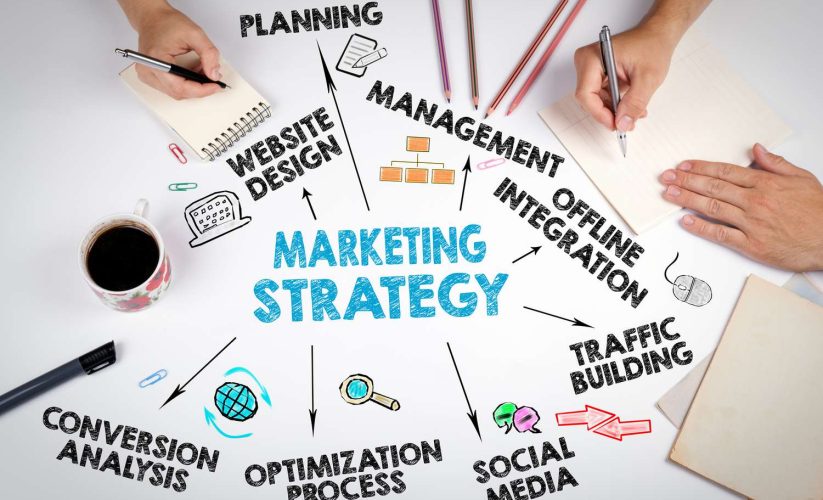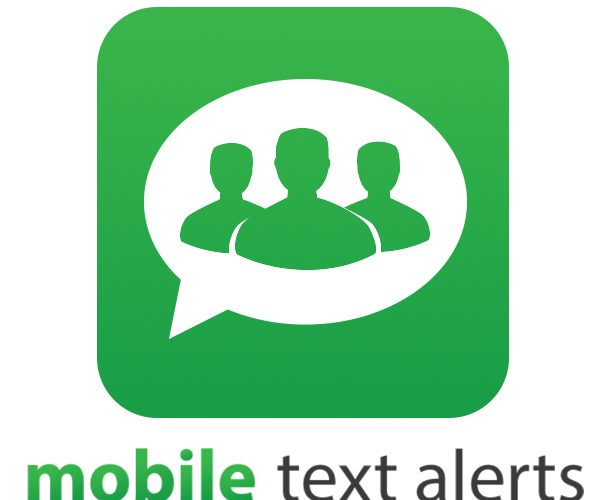
Engaging Customers Through Effective Modern Marketing
In an era where consumers are inundated with information, brands must find innovative ways to engage their audience. Effective engagement through modern marketing strategies can significantly enhance customer loyalty, boost conversion rates, and foster long-lasting relationships. This article explores various techniques and approaches that businesses can implement to engage customers effectively in today’s dynamic market landscape.
Understanding Customer Engagement
Customer engagement refers to the interaction between a brand and its customers throughout the customer journey. This interaction can take many forms, including social media interactions, email communications, customer service conversations, and more. Engaging customers effectively means creating meaningful connections that resonate with their needs and preferences, ultimately driving them to take action.
The Importance of Customer Engagement
Engaging customers is crucial for several reasons:
- Builds Loyalty: When customers feel valued and connected to a brand, they are more likely to become loyal advocates. Engaged customers are also more likely to return and make repeat purchases.
- Enhances Brand Awareness: Effective engagement strategies increase visibility and awareness of your brand. As customers interact with your brand, they are more likely to share their experiences with others, further amplifying your reach.
- Drives Conversions: Engaged customers are more likely to convert. By nurturing relationships through personalized communication and relevant content, businesses can guide customers through their purchasing journey.
- Provides Valuable Insights: Engaging with customers allows businesses to gather feedback and insights that can inform product development and marketing strategies.
Modern Marketing Strategies for Customer Engagement
To effectively engage customers, businesses must adopt modern marketing strategies that resonate with today’s consumers. Here are several approaches to consider:
1. Personalization
Personalization is a cornerstone of modern marketing strategies. Today’s consumers expect brands to understand their preferences and offer tailored experiences.
- Data Utilization: Leverage data analytics to gather insights about customer behavior, preferences, and demographics. Use this information to create personalized marketing messages, product recommendations, and targeted promotions.
- Dynamic Content: Implement dynamic content in your email campaigns and on your website. For example, personalized email greetings, product suggestions based on past purchases, or content that aligns with user interests can significantly enhance engagement.
2. Interactive Content
Interactive content encourages active participation from customers, making the engagement experience more memorable and enjoyable.
- Quizzes and Surveys: Create quizzes and surveys that provide fun and engaging ways for customers to interact with your brand. For instance, a beauty brand might offer a quiz to help customers find their ideal skincare routine.
- Polls and Contests: Utilize social media platforms to host polls, contests, and giveaways. This not only encourages interaction but also generates excitement and shares among followers.
3. Social Media Engagement
Social media is a powerful tool for engaging customers and fostering community.
- Authentic Interactions: Brands should engage authentically with their audience by responding to comments, addressing concerns, and participating in conversations. This fosters a sense of community and shows that the brand values customer input.
- User-Generated Content: Encourage customers to share their experiences with your products through user-generated content (UGC). This not only builds trust but also allows customers to feel like they are part of the brand’s story.
4. Content Marketing
Creating valuable and relevant content is essential for engaging customers effectively.
- Educational Content: Provide customers with informative content that addresses their pain points or interests. This could include blog posts, how-to videos, or webinars that position your brand as a thought leader in your industry.
- Storytelling: Use storytelling to create emotional connections with your audience. Sharing customer success stories or behind-the-scenes insights can make your brand more relatable and engaging.
5. Omnichannel Marketing
An omnichannel approach ensures that customers have a seamless experience across all touchpoints.
- Consistent Messaging: Maintain consistent messaging across all channels, including email, social media, and in-store experiences. This reinforces brand identity and enhances customer trust.
- Integrated Customer Journey: Ensure that customers can easily transition between online and offline interactions. For example, allowing customers to browse products online and pick them up in-store creates a cohesive shopping experience.
6. Loyalty Programs
Implementing loyalty programs can significantly enhance customer engagement by rewarding repeat business.
- Incentives for Engagement: Create programs that reward customers for their interactions, whether it’s making a purchase, writing a review, or engaging on social media. This encourages ongoing engagement and loyalty.
- Exclusive Offers: Provide loyalty program members with exclusive offers, early access to new products, or special events. This creates a sense of exclusivity and encourages customers to remain engaged with your brand.
Measuring Engagement Success
To ensure that your modern marketing strategies are effectively engaging customers, it’s essential to measure success.
- Key Performance Indicators (KPIs): Track relevant KPIs such as customer retention rates, engagement rates on social media, email open rates, and conversion rates. Analyzing these metrics will help you determine the effectiveness of your engagement strategies.
- Customer Feedback: Regularly solicit feedback from customers to understand their experiences and gather insights for improvement. Surveys and reviews can provide valuable information on what resonates with your audience.
Conclusion
Engaging customers through effective modern marketing strategies is essential for building brand loyalty, enhancing visibility, and driving conversions. By implementing personalization, interactive content, social media engagement, content marketing, an omnichannel approach, and loyalty programs, businesses can create meaningful connections with their customers. Measuring the success of these strategies through KPIs and customer feedback will ensure that you continue to refine and enhance your engagement efforts. In a competitive landscape, prioritizing customer engagement will set your brand apart and contribute to long-term success.





